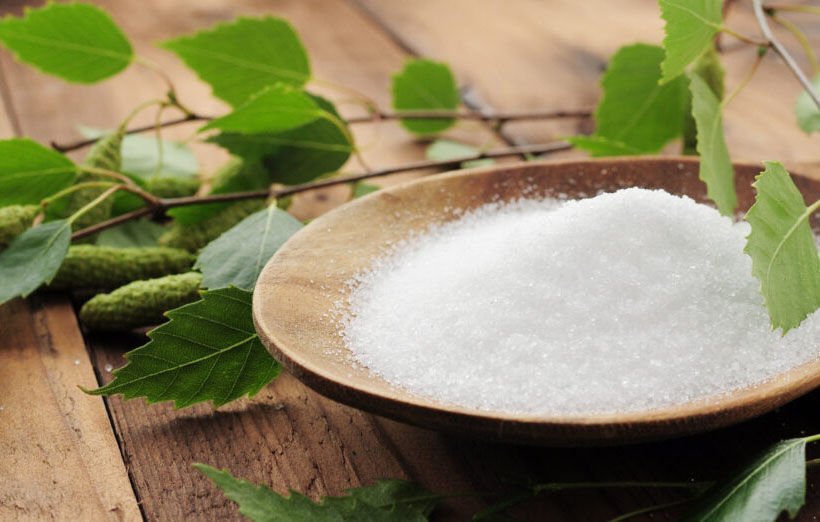FREE SHIPPING When you spend over $50
Xylitol
The history of sugar's good twin
18 September 2023

Here is a brief history of xylitol:
Discovery and Early Research (19th Century - Early 20th Century):
Xylitol was first discovered by a German chemist named Emil Fischer in 1891. He initially isolated it from birch bark, hence the name "xylitol" which comes from the Greek word for wood, "xylon."
However, it wasn't until the 20th century that further research into xylitol's properties and potential uses began.
World War II and Xylitol Production (1930s - 1940s):
During World War II, sugar shortages prompted further interest in alternative sweeteners like xylitol. Finland, in particular, turned to xylitol as a sugar substitute and developed methods to produce it from birch trees on an industrial scale.
Commercial Production (1960s - 1970s):
The commercial production of xylitol began in the 1960s. Finnish researchers played a significant role in developing the technology for large-scale production.
In the 1970s, xylitol started to gain popularity in Europe and Asia as a sugar substitute, particularly in Finland and Japan.
Introduction to the United States (1980s - 1990s):
Xylitol was introduced to the United States in the 1980s and 1990s. Initially, it was primarily used in sugar-free gum and dental products due to its dental benefits.
Health Benefits and Dental Applications (1990s - Present):
Xylitol gained recognition for its dental benefits. It doesn't ferment in the mouth, and studies have shown that it can help prevent tooth decay by reducing levels of harmful bacteria.
Xylitol has also been used in various health products, including sugar-free candies, mints, and oral care products.
Expansion into Food Products and Pharmaceuticals (2000s - Present):
Over the years, xylitol has found its way into an increasing number of food products, including baked goods, beverages, and even some pharmaceuticals.
It's popular among individuals looking for sugar alternatives due to its lower glycemic index and fewer calories than regular sugar.
Ongoing Research and Innovation (Present):
Research on xylitol continues, exploring its potential health benefits beyond dental health. Some studies have suggested that it may have positive effects on metabolic health and other conditions.
Regulation and Safety Concerns (Ongoing):
Xylitol is generally recognized as safe by regulatory bodies such as the U.S. Food and Drug Administration (FDA). However, it's important to note that excessive consumption of xylitol can lead to digestive issues in some individuals.
Overall, the history of xylitol is one of scientific discovery, wartime necessity, and ongoing innovation in the field of sugar substitutes and alternative sweeteners.
Recent articles

Your smile deserves a good night’s sleep
We all know that getting a good night’s sleep makes us feel better, sharper, and more energized—but did you know it also plays a crucial role in your oral health?

